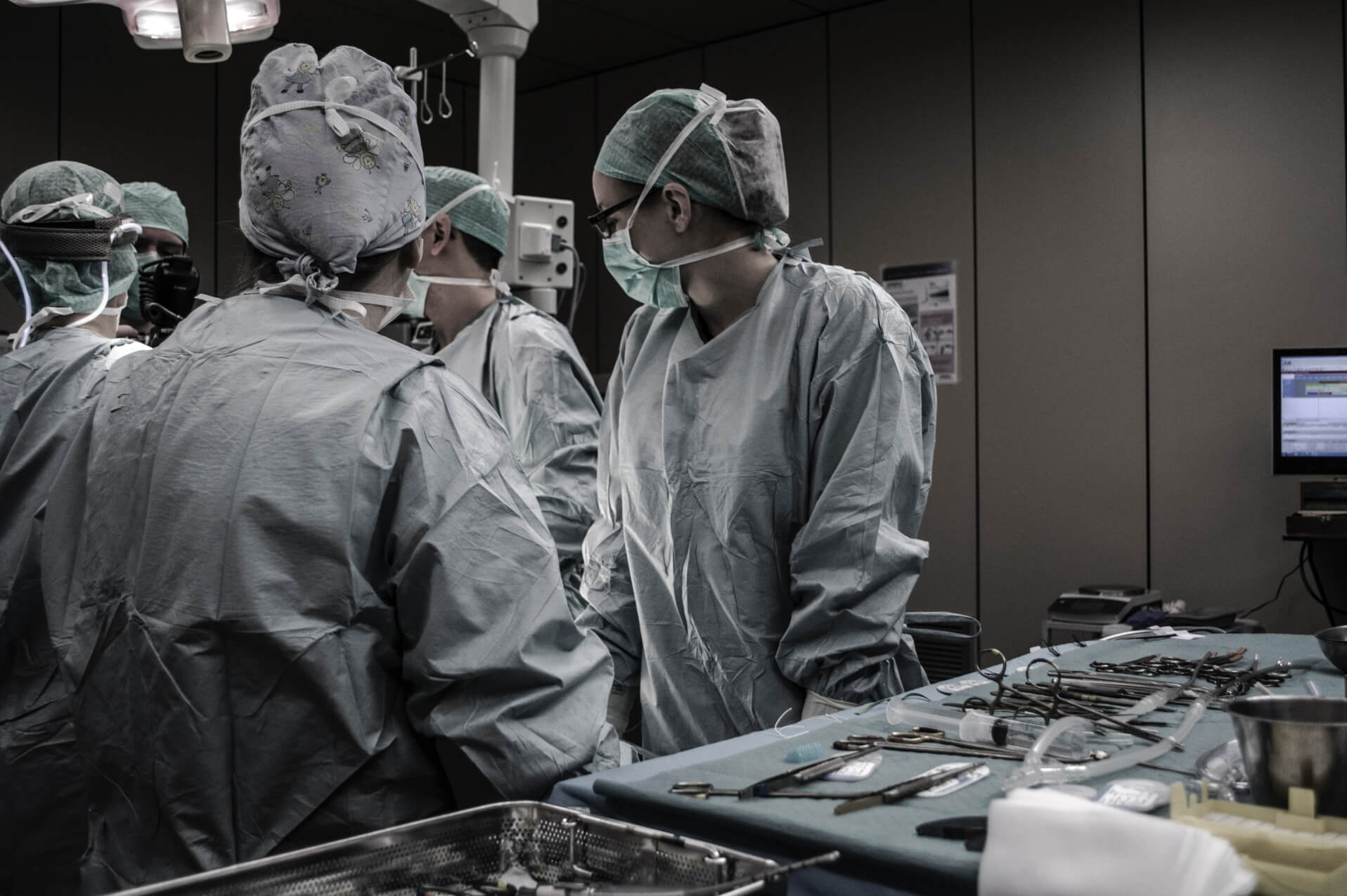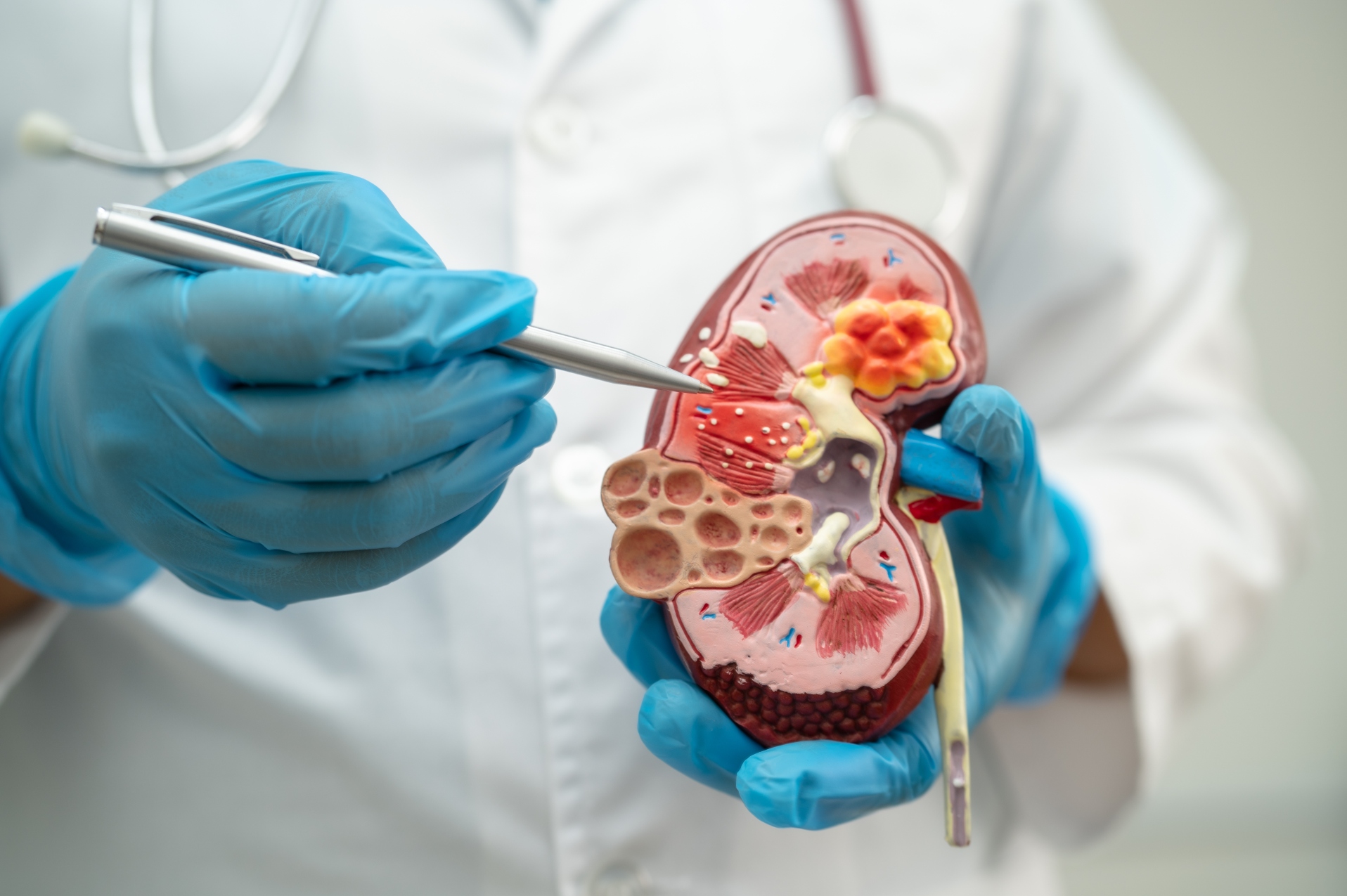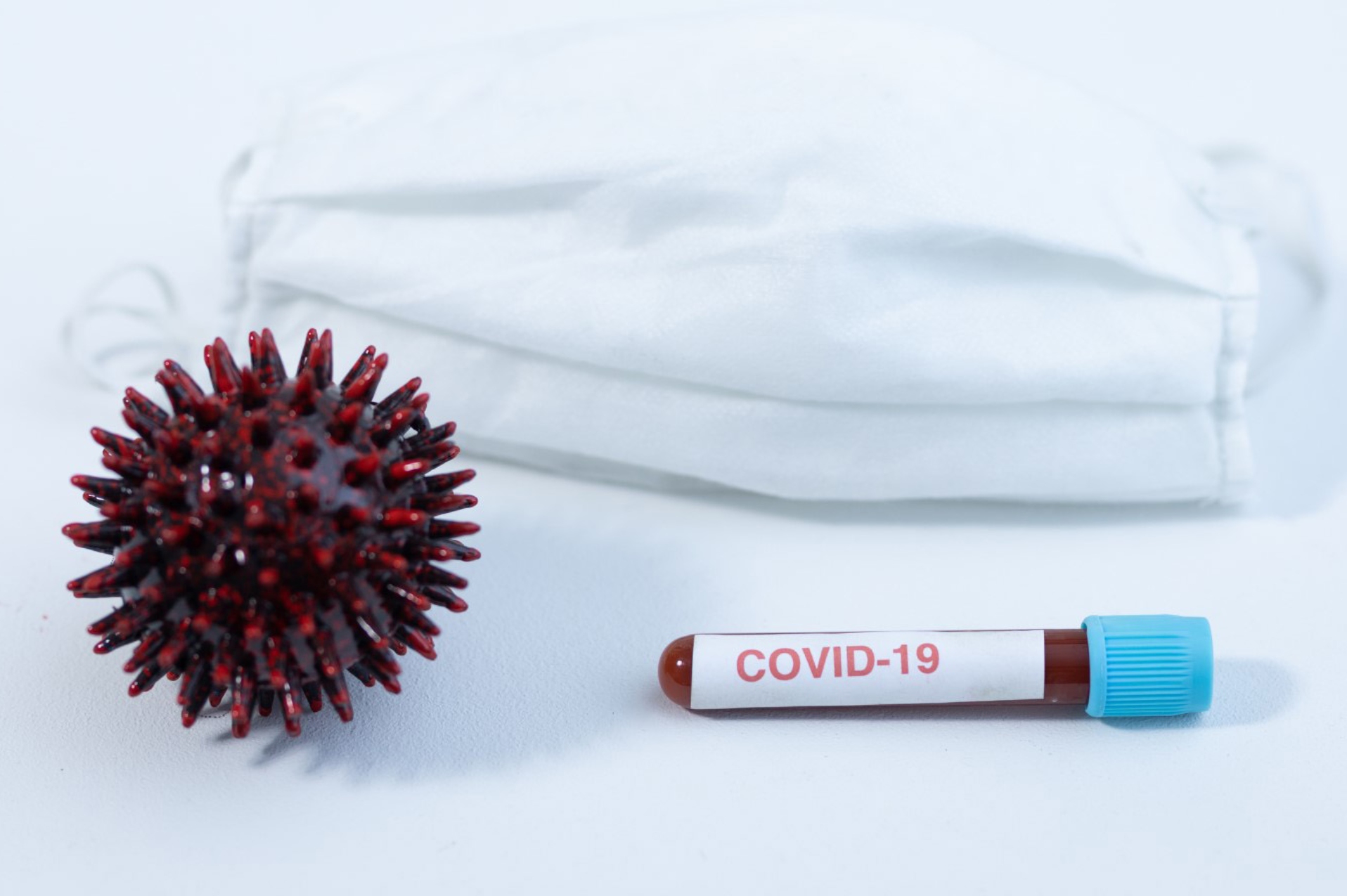
Donor evaluation is one of the most important steps towards achieving a successful kidney transplant. Today, living kidney donors are on the increase as more and more people donate kidneys and give the gift of better health to those suffering with kidney disease. While before kidney donation was most often through a deceased donor, nowadays thousands of lives are saved each year, thanks to living kidney donations.
Benefits of living kidney donations
Basically, there are two types of kidney donors, deceased and living. The rise in popularity of living kidney donors is because it has proved to be the best option for those needing a new kidney. It, to a large extent, eliminates the long waiting period, which can even stretch to years when on a national waiting list. Kidney donations are the most common living organ donations, with surgeries being performed since the 1950s.
Living kidney donations are safe and the donor can lead a normal life as the remaining kidney takes on the role of both, with ease, as surprisingly the body does not need two kidneys to function normally. Further, donating a kidney does not in any way increase the donor’s risk of getting kidney disease or any other health issues such as diabetes.
Thanks to the advancements in the medical field, the donors no longer needs to be related to the receiver, in order to donate. Today, one in four living organ donors are not biologically related to the recipient, which means that those in need of a new kidney have a higher chance at receiving one, quicker.
Living donations are divided into two categories:
Directed donations – with specific recipient in mind and is usually between two known parties such as friends and relations
Non-directed donations – no specific recipient named, instead the kidney is matched with someone in need
Blood and tissue compatibility
The first step towards a successful kidney transplant is to establish the compatibility between donor and recipient. This means that the blood and tissue types should be compatible, which is established through a series of tests, screenings and evaluations. The living donor has to remain healthy throughout the process and to assist with this blood and urine tests, imaging exams and cancer screenings are conducted.
Blood typing
Blood typing tests for ABO compatibility, to determine if the donor and recipient blood types are compatible. The test measures the blood antibodies that react with different blood groups. A basic rule follows the below chart:
Donors with blood type A can donate to recipients with blood types A and AB
Donors with blood type B can donate to recipients with blood types B and AB
Donors with blood type AB can donate to recipients with blood type AB only
Donors with blood type O can donate to recipients with blood types A, B, AB and O
People with type O blood are known as universal donors as they are compatible with any blood type
Likewise, people with AB blood type are known are universal receivers as they are compatible with all other blood types.
If the blood types are not compatible, treatments that lower blood antibody levels might be used successful to help continue with the donation process. However, this will be based on the medical advice of the Specialist doctor in charge of the process.
Tissue typing
If the blood types match, then the next step which is tissue typing is done. Other than for identical twins, each person’s tissues differ from everyone else’s. The first test in tissue typing determines the tissue type or HLA type of the patient and donor for compatibility. The process follows that the better the HLA match the more successful the transplant will be over time. Between family members there is at least a 50% chance of HLA matching with the percentage between siblings sometimes even reaching a 100% match. With unrelated donors the percentage drops. A zero mismatch which is where there is a 12 out of 12 antigen match has the potential for greater transplant success. This can happen even with unrelated donors and recipients, if the recipient has a very common HLA type.
Measuring antibodies
This is the second blood test that measures antibodies to HLA and is done only with the recipient. This is sometimes done monthly but usually less frequently, depending on the transplant program. HLA antibodies can be harmful to the transplanted kidney and as they can increase or decrease over time they need to be measured during the period before the transplant and immediately before and for a period after the transplant surgery. It is best if the donor has HLA types that avoid HLA antibodies in the recipient’s blood.
What is a Panel Reactive Antibody or PRA?
When foreign tissues are introduced to the body it may develop an antibody to the different HLA proteins. This is checked for during a transplant evaluation, because if a recipient tests positive for HLA antibodies, then he/she is considered ‘sensitized’ which means the PRA percentage is greater than 0. The more HLA antibodies the higher the PRA percentage. When HLA antibodies are high it may become more difficult to find a compatible donor. However, thanks to new procedures such as plasmapheresis the antibody level the blood may be reduced. This should be discussed with the medical consultant as individuals differ and as HLA antibodies can change over time which affects the PRA percentage as well. There may be a need to do expensive plasmapheresis treatments to reduce the level of PRA.
Serum Crossmatch
This is a test that is done multiple times to both the donor and the receiver, even right before the actual surgery. Cells from the donor are mixed with the recipient’s serum. If the receiver serum has antibodies against the donor’s cells, the antibodies bind the donor cells, which is detected using a fluorescent detection. If the antibody levels are high the donor cells are destroyed, it is called a positive crossmatch. A positive crossmatch would result in the immediate rejection the transplanted kidney, which means the surgery cannot take place and the patient may have to look for a second donor.
These are the main tests that will be done by the Kidney transplant team to secure a healthy match between receiver and donor and thereby a successful kidney transplant possibility. The medical experts will guide and advice patients and donors every step of the way for transparency and clarity. Always talk with your experienced medial team regarding tests and procedures and any personal concerns you may have.
Western Hospital is the recognized name in Sri Lanka for Kidney disease treatment with the longest running dialysis program in Sri Lanka. With reputed Consultants on hand, Western Hospital provides comprehensive, guidance, care and treatment for kidney disease patients.




